Isaac Woodard's Life- From Childhood To Death
On February 12, 1946, on his way home following his honorable discharged from the United States Army, he was attacked while still in uniform by South Carolina police.
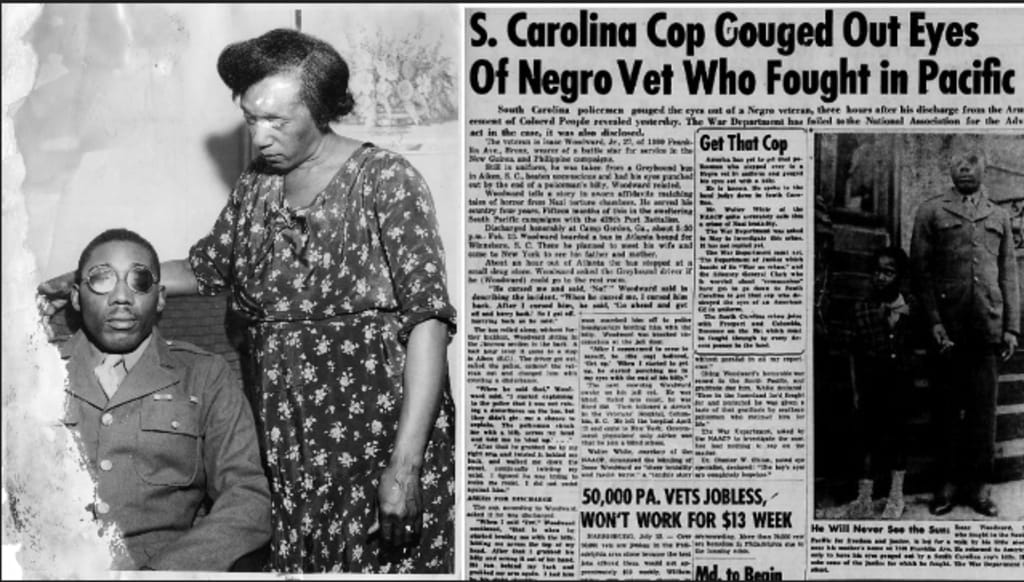
Early Life
Isaac Woodard Jr. was born on March 18, 1919, in South Carolina's Fairfield County and raised in Goldsboro, North Carolina.
Woodard, then 23 years old, enrolled in the United States Army on October 14, 1942, at Fort Jackson in Columbia, South Carolina. He was a longshoreman in a labor unit in the Pacific Theater and was promoted to sergeant.
He won a combat star for his Asiatic-Pacific Campaign Medal for unloading ships under enemy fire in New Guinea, as well as the Good Conduct Medal, Service Medal, and World War II Victory Medal, which were also awarded to all American soldiers. He was discharged with honors.
The Attack That Led To His Blindness
Woodard was on a Greyhound Lines bus on February 12, 1946, traveling from Camp Gordon in Augusta, Georgia, where he had been discharged, to rejoin his family in North Carolina.
When the bus arrived at a rest stop just outside Augusta, Woodard asked the bus driver if he might use the restroom. After an altercation, the driver reluctantly agreed to the proposal. Woodard returned to his seat without issue after the rest stop, and the bus proceeded.
The bus stopped near Aiken in Batesburg (now Batesburg-Leesville, South Carolina). Despite the fact that Woodard had caused no disturbance (aside from the earlier disagreement), the driver summoned local police (including Chief Lynwood Shull), who forcibly removed Woodard from the bus.
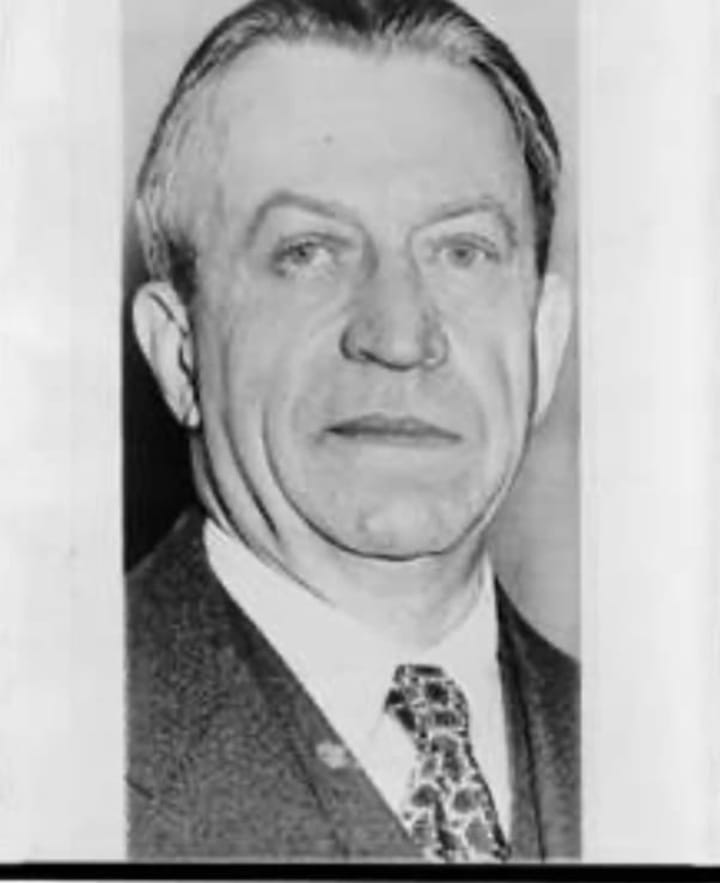
After requesting to examine Woodard's discharge papers, a group of Batesburg police officers, including Shull, led him to a nearby alleyway and brutally beat him with nightsticks. They then brought Woodard to the town prison and detained him for disorderly behavior, accusing him of drinking beer with other soldiers in the back of the bus.
During the course of the night in jail, Shull assaulted and blinded Woodard, who later said in court that he was beaten for answering "Yes" instead of "Yes, sir." As a result of his injuries, he also suffered from partial amnesia.
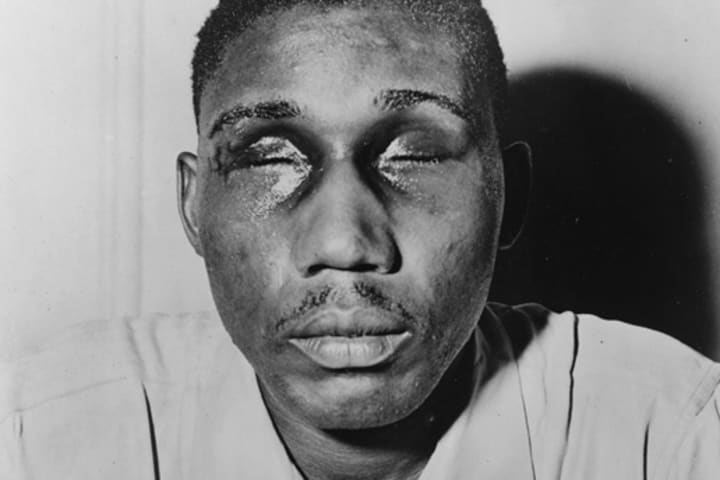
Woodard also testified that he was repeatedly hit in the eyes by police on his route to the jail, and that he was afterwards repeatedly stabbed in the eyes with a billy club.
Newspaper accounts claim that Woodard's eyes were "gouged out," but historical documents claim that each globe was irreparably ruptured in the socket.
Woodard was fully and permanently blinded as a result of the attack. Because South Carolina was unwilling to prosecute the case, President Harry S. Truman directed a federal investigation. Lynwood Shull, the police chief, was prosecuted and tried in federal court in South Carolina, where he was acquitted by an all-white jury. Shull was never punished till his death on December 27, 1997, at the age of 95.
Aftermath Of The Attack
Such miscarriages of justice by state governments spurred a shift toward federal civil rights efforts.
Truman later established a national interracial commission, delivered a historic speech to the NAACP and the nation in June 1947 in which he described civil rights as a moral priority, introduced a civil rights bill in Congress in February 1948, and issued Executive Orders 9980 and 9981 desegregating the armed forces and the federal government on June 26, 1948.
Woodard traveled north after the trial and spent the rest of his life in the New York City region. On September 23, 1992, he died at the age of 73 in the Veterans Administration hospital in the Bronx.
Remembering Isaac Woodard
Musicians wrote songs about Woodard and the attack. A month after the beating, the calypso artist Lord Invader recorded an anti-racism song for his album Calypso at Midnight; it was entitled "God Made Us All", with the last line of the song directly referring to the incident.
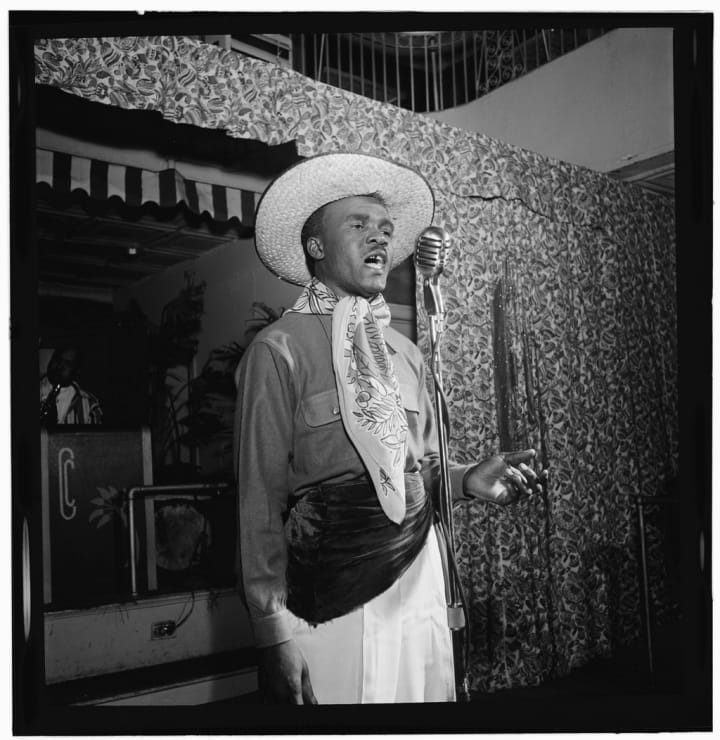
Later that year, folk artist Woody Guthrie recorded "The Blinding of Isaac Woodard," which he wrote for his album The Great Dust Storm. He said that he wrote the song "...so's you wouldn't be forgetting what happened to this famous Negro soldier less than three hours after he got his Honorable Discharge down in Atlanta...."
Don North, a retired Army major from Carrollton, Georgia, organized a group that obtained permission to install a historical marker in Woodard's honor in Batesburg-Leesville, South Carolina.
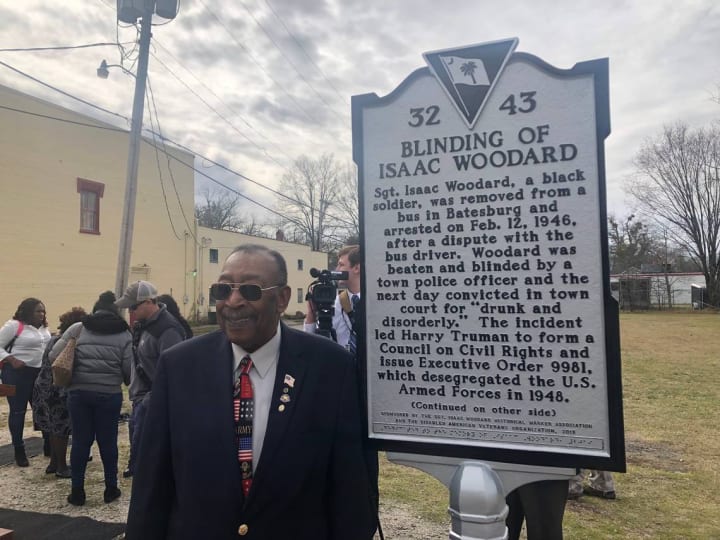
The marker was unveiled in 2019. The marker's bottom portion was written in Braille.
About the Creator
Rare Stories
Our goal is to give you stories that will have you hooked.
This is an extension of the Quora space: Rare Stories
X(formerly Twitter): Scarce Stories
Official Bookstore: davidkellertruecrime
Writers:
....xoxo


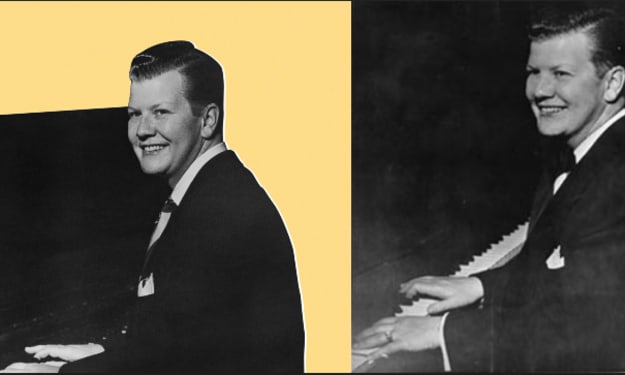



Comments
There are no comments for this story
Be the first to respond and start the conversation.